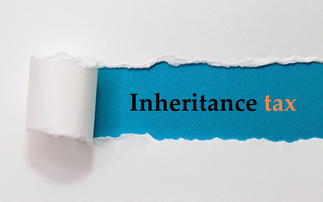The recent publication of the General Anti-Abuse Rule (GAAR) has bolstered measures to limit "extreme" tax avoidance and will focus governance on tax, experts have said.
GAAR guidance was published alongside the Finance Bill in March 2013 and works in addition to existing tax avoidance legislation by further defining the principles of "tax arrangements" and "abuse". Tax Research director Richard Murphy (pictured), who worked with government on the guidance, told the PIRC annual corporate governance conference that GAAR would result in a "very different" environment for companies looking to limit tax exposure. GAAR is built around a ‘double reasonableness' test, as well as properly defining concepts of tax compliance, legitimate tax planning, avoidance...
To continue reading this article...
Join Professional Adviser for free
- Unlimited access to real-time news, industry insights and market intelligence
- Stay ahead of the curve with spotlights on emerging trends and technologies
- Receive breaking news stories straight to your inbox in the daily newsletters
- Make smart business decisions with the latest developments in regulation, investing retirement and protection
- Members-only access to the editor’s weekly Friday commentary
- Be the first to hear about our events and awards programmes







